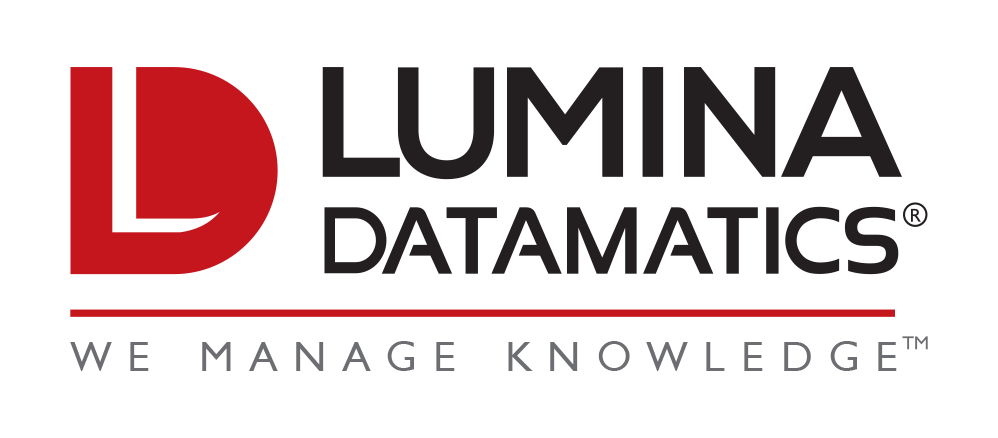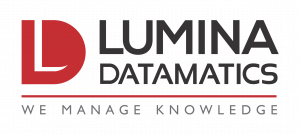At its onset, the pandemic created an almost altruistic outlook on copyright, with publishers, authors, musicians and other creators opening the floodgates to permit all sorts of free use of their material, likely to encourage equitable access to digital content while everyone was/is stuck at home. In little time, however, this altruistic spirit has raised concerns from copyright owners wanting to ensure their content remains protected in the digital future clearly upon us. This duality has reawakened long-standing debates regarding what is acceptable practice in a confusing digital copyright landscape—and has many people asking what more can be done to simplify it going forward.
In educational publishing, the biggest copyright battle since the start of the pandemic has been undoubtedly the Internet Archive’s creation of what it called its “National Emergency Library” and the subsequent copyright infringement lawsuit filed by publishers last month against them.
While in part the suit charges the Internet Archive with unlawful copyright infringement when it lifted all access restrictions to over 1.4 million scans of books they house, it also took on the ongoing debate surrounding the legalities of the practice referred to as Controlled Digital Lending (CDL). The Internet Archive’s Open Library Project engages in this practice and argues that because the IA owns one copy of each book it has digitized that it is protected by the first-sale doctrine and able to lend out one digital copy of the work at a time. Some copyright owners disagree with this logic and argue they are losing out on revenue from e-book sales and licensing through this practice.
After this suit was filed, the Internet Archive subsequently ended its Emergency Library two weeks early. However, the litigation against them still stands and is most certainly going to have major implications on the future of copyright and e-book lending.
The Internet Archive dispute has spurred major debate in the publishing world, but it is just the tip of the iceberg for rights holders looking to address the confusing world of online copyright management. The COVID-19 content boom and innovation has led to a flurry of new and interesting questions being asked—from ownership rights of artificial intelligence to the legalities of embedding publicly posted photos—and shows just how significant is the need for copyright law to catch up.
Of course, law will likely always trail behind technology in the race to advance, and copyright law has been trailing for years. There have been no major updates to it since its original attempt to enter the digital world with the Digital Millennium Copyright Act (DMCA) of 1998. Now, over 20 years later, the U.S. Copyright Office released this spring its first comprehensive review of Section 512 of the legislation, and parties on both sides are rehashing the ongoing dispute around its well-known DMCA notice-and-takedown policy.
In the review, the Copyright Office found this provision ultimately “unbalanced” with the rights holder shouldering an unfair amount of the burden of regulating copyright infringement online. The online service providers such as YouTube and Twitter who are responsible for complying with these notice-and-takedown requests disagree. They argue the volume is impossible to manage and that the AI being used by a growing numbers of companies to send these takedown notices cannot adequately address the mandatory fair use assessment required before sending by the provision. Ultimately, while the Copyright Office’s findings are encouraging for copyright owners, the review did not stipulate any major changes to the law, and many note there is no simple solution to fix it.
As these and many other questions continue to mount in the midst of the COVID-19 content surge, the fields and industries impacted are seemingly endless. In publishing, some are using the pandemic as an opportunity to further push the movement toward Open Access publishing and relaxed copyright regulation, while others simply want to make it easier to secure the licenses they need to utilize copyrighted content in their research, publications, or within the (currently exploding) business of online course creation.
With everyone, everywhere, relying on digital content now more than ever to stay informed, educated, and entertained, the pressure is on to modernize copyright law in the years ahead, and all sides hoping a push of their agenda now in these unprecedented times will help ensure a copyright future in their favor.
At its onset, the pandemic created an almost altruistic outlook on copyright, with publishers, authors, musicians and other creators opening the floodgates to permit all sorts of free use of their material, likely to encourage equitable access to digital content while everyone was/is stuck at home. In little time, however, this altruistic spirit has raised concerns from copyright owners wanting to ensure their content remains protected in the digital future clearly upon us. This duality has reawakened long-standing debates regarding what is acceptable practice in a confusing digital copyright landscape—and has many people asking what more can be done to simplify it going forward.
In educational publishing, the biggest copyright battle since the start of the pandemic has been undoubtedly the Internet Archive’s creation of what it called its “National Emergency Library” and the subsequent copyright infringement lawsuit filed by publishers last month against them.
While in part the suit charges the Internet Archive with unlawful copyright infringement when it lifted all access restrictions to over 1.4 million scans of books they house, it also took on the ongoing debate surrounding the legalities of the practice referred to as Controlled Digital Lending (CDL). The Internet Archive’s Open Library Project engages in this practice and argues that because the IA owns one copy of each book it has digitized that it is protected by the first-sale doctrine and able to lend out one digital copy of the work at a time. Some copyright owners disagree with this logic and argue they are losing out on revenue from e-book sales and licensing through this practice.
After this suit was filed, the Internet Archive subsequently ended its Emergency Library two weeks early. However, the litigation against them still stands and is most certainly going to have major implications on the future of copyright and e-book lending.
The Internet Archive dispute has spurred major debate in the publishing world, but it is just the tip of the iceberg for rights holders looking to address the confusing world of online copyright management. The COVID-19 content boom and innovation has led to a flurry of new and interesting questions being asked—from ownership rights of artificial intelligence to the legalities of embedding publicly posted photos—and shows just how significant is the need for copyright law to catch up.
Of course, law will likely always trail behind technology in the race to advance, and copyright law has been trailing for years. There have been no major updates to it since its original attempt to enter the digital world with the Digital Millennium Copyright Act (DMCA) of 1998. Now, over 20 years later, the U.S. Copyright Office released this spring its first comprehensive review of Section 512 of the legislation, and parties on both sides are rehashing the ongoing dispute around its well-known DMCA notice-and-takedown policy.
In the review, the Copyright Office found this provision ultimately “unbalanced” with the rights holder shouldering an unfair amount of the burden of regulating copyright infringement online. The online service providers such as YouTube and Twitter who are responsible for complying with these notice-and-takedown requests disagree. They argue the volume is impossible to manage and that the AI being used by a growing numbers of companies to send these takedown notices cannot adequately address the mandatory fair use assessment required before sending by the provision. Ultimately, while the Copyright Office’s findings are encouraging for copyright owners, the review did not stipulate any major changes to the law, and many note there is no simple solution to fix it.
As these and many other questions continue to mount in the midst of the COVID-19 content surge, the fields and industries impacted are seemingly endless. In publishing, some are using the pandemic as an opportunity to further push the movement toward Open Access publishing and relaxed copyright regulation, while others simply want to make it easier to secure the licenses they need to utilize copyrighted content in their research, publications, or within the (currently exploding) business of online course creation.
With everyone, everywhere, relying on digital content now more than ever to stay informed, educated, and entertained, the pressure is on to modernize copyright law in the years ahead, and all sides hoping a push of their agenda now in these unprecedented times will help ensure a copyright future in their favor.





0 Comments